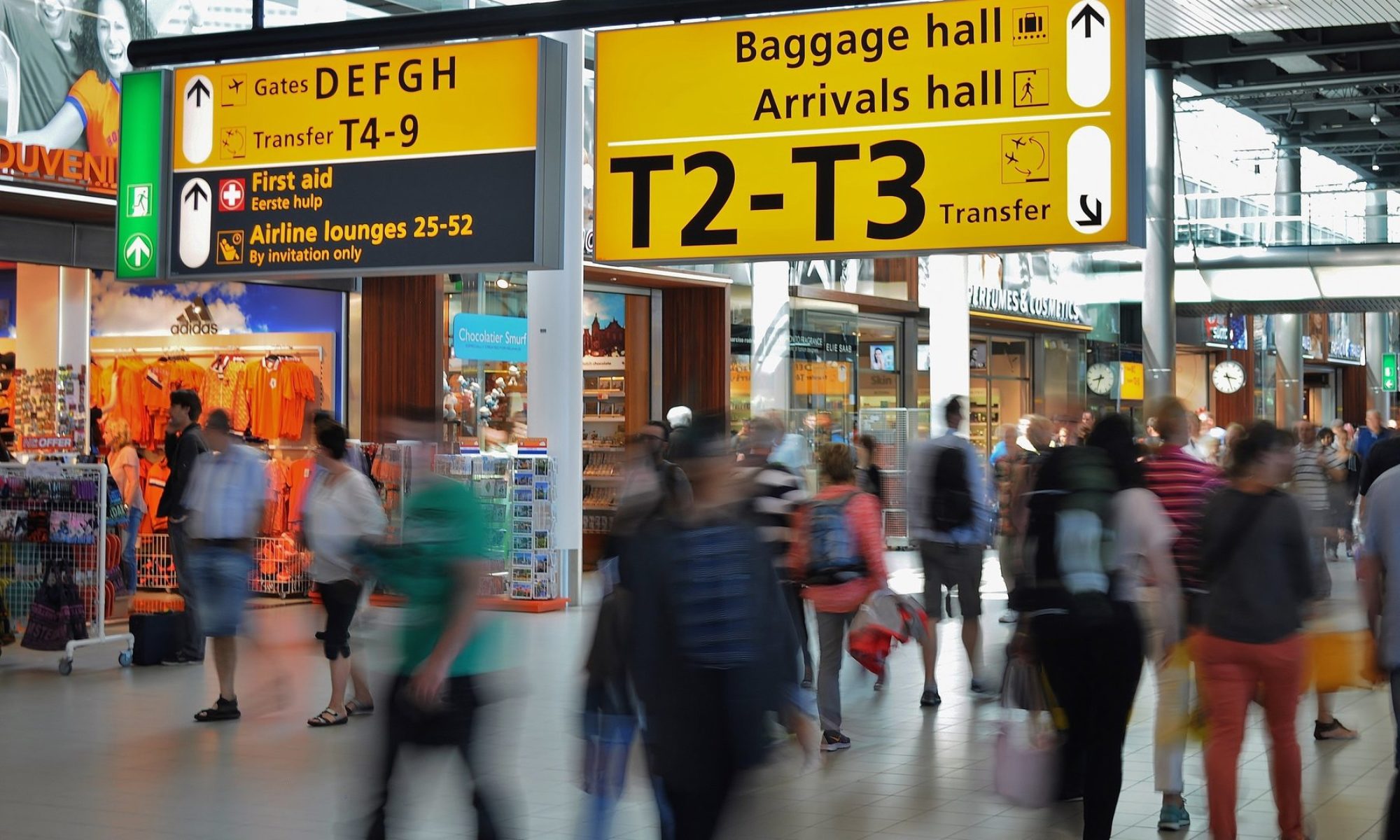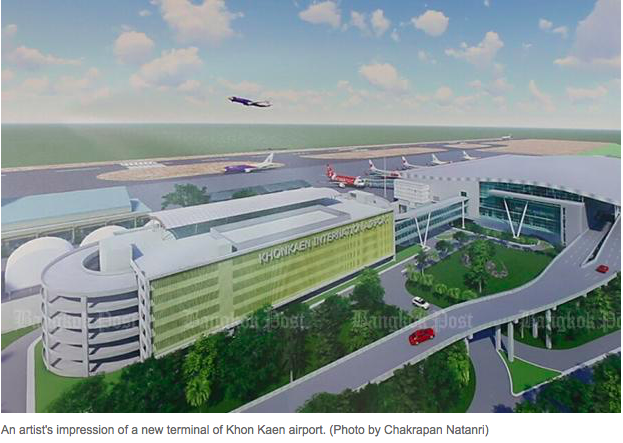The Thai Retailers Association (TRA) said yesterday that it has come to an agreement with the board of the Airports of Thailand (AOT) to divide business concessions at airports into three sepaaorate contract types – for duty-free outlets; retail, food and beverage, service and banking; and duty-free pick-up counters.
However, the TRA said, this concession process must be open, transparent and not monopolistic. It also said that average concession fees should comply with the international standard of 30 to 40 per cent, instead of the current 15 to 18 per cent, as it will help earn greater revenue for the country. On Wednesday, the AOT board of directors passed a resolution on the terms of reference (TOR) and approved the guidelines for granting concessions at airports.
It also approved in principle the selection of duty-free and commercial operators, though no actual details of the TOR have been released. Worawoot Ounjai, TRA president, said the association was pleased that the AOT board listened to its suggestions and agreed to improve the methods of granting commercial rights at airports. “However, we want to propose that duty-free concessions should no longer be a monopoly, but be open to many players. “TRA wishes to reassert that strongly disagrees with the ‘master concession’ system announced by the AOT management for the duty-free concession at Suvarnabhumi International Airport. TRA has always proposed the advantages of dividing concessions by category, such as fragrances and cosmetics, fashion and apparel, liquor and tobacco, and electrical appliances. It had even submitted a letter to the prime minister, requesting careful consideration of the proposals. TRA will continue to maintain the facts proposed to the general public and all relevant stakeholders about the advantage of concessions by category, which is the most suitable system for Suvarnabhumi Airport,” he said. Worawoot explained that Suvarnabhumi is a large international airport with masses of passengers passing through, so there should be transparency and efficiency. He said this will also boost growth in the tourism sector, as people will find it easier to find their favourite products. “We also believe that categorising will bring as much as Bt50 billion into the country every year, in relation to increased per capita tourist spending and more arrivals. Also, Thais will do their duty-free shopping in Thailand,” Worawoot said. “Airports in other countries have many duty-free operators, while Suvarnabhumi is dominated by just one,” he said, citing Incheon Airport, which has 12 operators. Similarly, duty-free at Hong Kong International Airport is run by four companies, three in Singapore’s Changi Airport, and four in Tokyo’s Narita. Even Phnom Penh airport has three duty-free operators even though it relatively small, he said. “In Thailand, we have three-times more tourist arrivals than South Korea, yet duty-free sales in Thailand is six-times less than in South Korea,” Worawoot pointed out. TRA also believes that combining the TOR for duty-free stores in Suvarnabhumi with the airports of Chiang Mai, Hat Yai and Phuket is inappropriate, as each airport is different. The three provincial airports are only 1,000 to 1,200 square metres in size, so a master-concession system for them would be more suitable, he said.
Source: The Nation. Thailand




 Expansion plans for Don Mueang and Chiang Mai international airports have cleared a major hurdle for the projects to get under way at a combined cost of Bt53 billion.
Expansion plans for Don Mueang and Chiang Mai international airports have cleared a major hurdle for the projects to get under way at a combined cost of Bt53 billion.